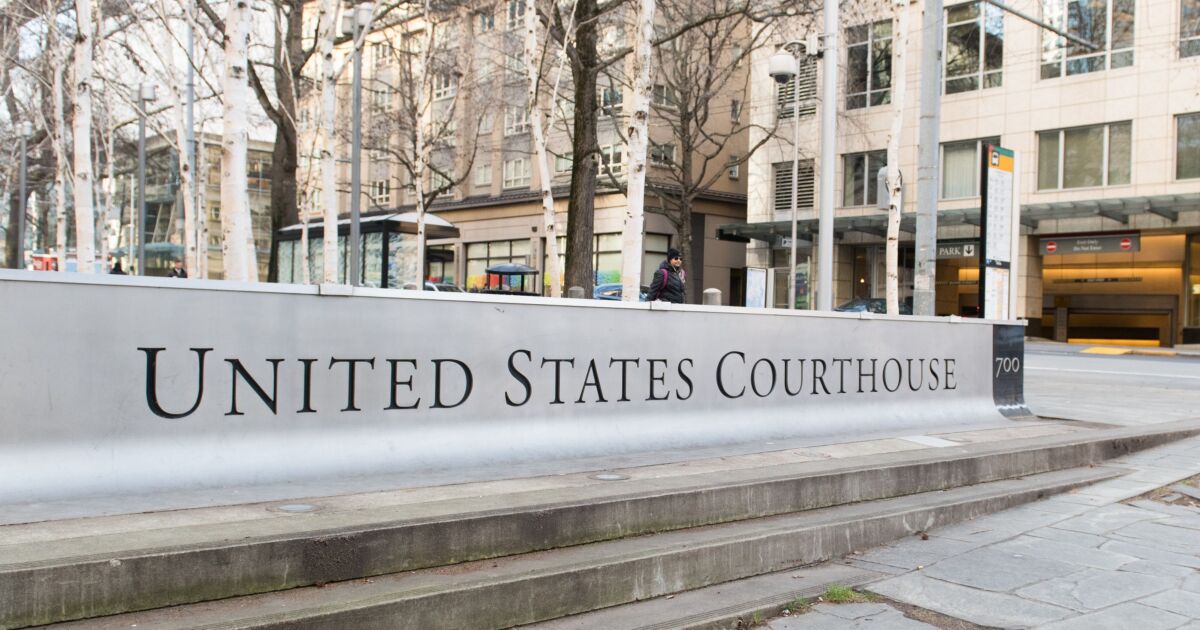
Consumers who sued Mr. Cooper over $25 "junk fees" are taking their fight to a federal appeals court.
Borrowers Catherine Palazzo and Peter Hackinen elevated their
A Seattle-based federal judge in August ruled the fee doesn't break debt collection laws because the charge "is not a communication related to collecting a debt." The initial complaint filed last April described the charges to thousands of borrowers as "junk fees," referencing a term
Plaintiffs have to share their opening argument by Oct. 28, and Mr. Cooper must reply by Nov. 28, according to the case docket. Counsel for plaintiffs and a representative for Mr. Cooper didn't immediately return requests for comment Monday morning.
How the Mr. Cooper "junk fee" case unfolded
The lawsuit suggested the expedited payoff-quote statements are processed in seconds and cost the company "pennies" compared to the $25 fee it charges. Mr. Cooper today
Mr. Cooper argued that the expedited delivery of a payoff statement was an additional service contracted outside the mortgage loan. It also assured the court it provides the statements for free within the statutorily allowed time frame.
During the litigation, the Consumer Financial Protection Bureau filed a short amicus brief agreeing with consumers that Mr. Cooper was violating the FDCPA by charging a fee customers weren't previously aware of. The Trump administration
Last month's granting of summary judgment also denied as moot expert testimony from subjects, including a Mr. Cooper executive.
Plaintiffs last year also failed to add
Other "



